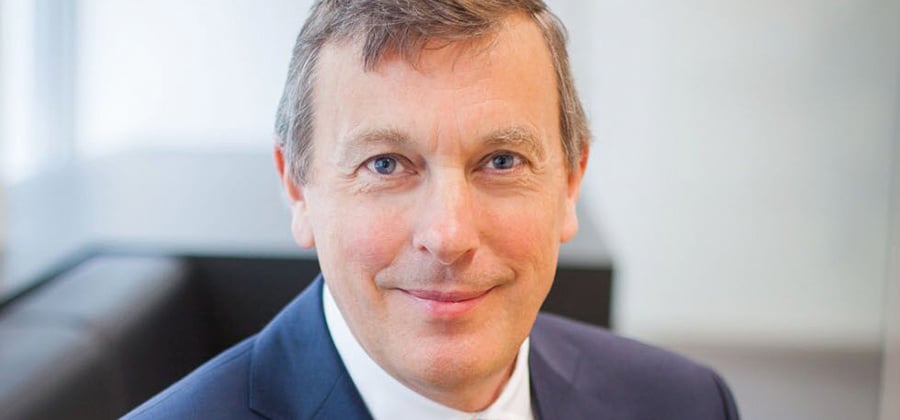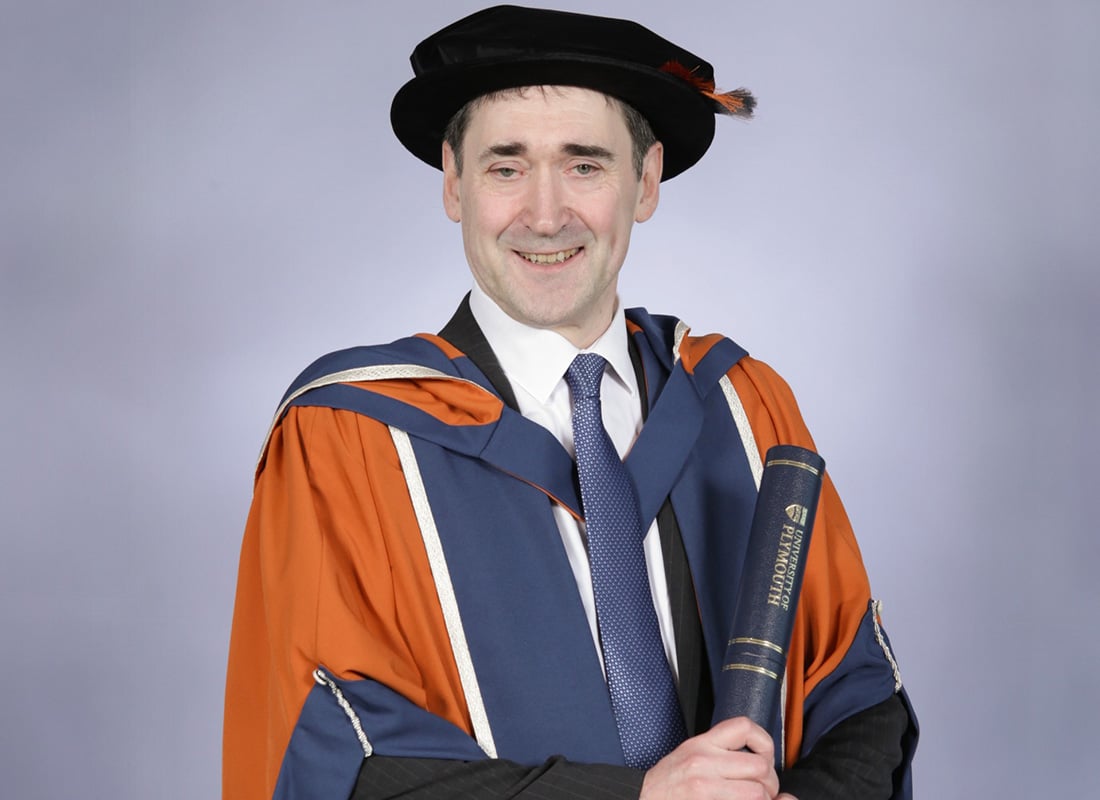From the AGM in March, BCS has a new President. Brian Runciman MBCS speaks to John Higgins CBE FBCS against a backdrop of a year when we hope some of the worst effects of COVID-19 will be starting to recede, and new priorities start emerging.
John Higgins spent the first half of his working life putting IT to work, initially in systems analysis and project management, then as a director in systems businesses. For the last twenty years, he’s been an advocate for IT, first as director general of Intellect (now TechUK), then in Brussels running DigitalEurope.
Since 2017, he’s had a portfolio that currently includes chairing a think tank, the Global Digital Foundation, advising companies on digital policy through BCW, a global public affairs company and contributing to projects like the EU’s Intelligent Cities Challenge.
What is your perception of BCS right now?
Having around 60,000 members gives us credibility and an important voice, which we’ve been exercising more effectively in the last year. We have a highly capable and committed executive team. Under Paul Fletcher’s leadership they have done an excellent job steering the organisation through the very rough seas the pandemic has caused - it’s quite something that we still managed to end the year with a small financial surplus.
Our Learning and Development services are thriving despite the challenging times. Over 20,000 people have now started BCS Digital Apprenticeships, broadening the pipeline of tech talent ready for the workforce and supporting what will be a much needed national, post COVID-19 economic and social renewal.
For you
Be part of something bigger, join BCS, The Chartered Institute for IT.
I’m impressed with the way the four boards are working - on their own areas of focus, but also working together and with the Trustee Board. For example, The Society Board has launched a new award, The Society Medal, which recognises an outstanding contribution to making IT work for the benefit of the public; the first recipient was Elizabeth Denham CBE, the UK’s Information Commissioner.
BCS Council is a great team too, a valuable resource for BCS and I will encourage the Trustee Board to seek Council’s advice and insights on topics such as rapidly changing industry and professional trends.
We have just submitted our final response to the government’s National Data Strategy; the published draft already reflects several long-term BCS recommendations including integration of data skills across university courses. It also reflects the work we are doing alongside the Royal Statistical Society, the Operational Research Society, the Institute of Mathematics and its Applications and the National Physical Laboratory to professionalise data science and ensure the ethical use of data.
Our current President, Rebecca George OBE, maintained a sharp focus throughout the year on both serving existing members and attracting new joiners. BCS has just launched a significant recruitment campaign with thoughtful targeted messages addressing the differing needs of individuals at each stage of their professional journey.
It’s a baton I’m happy to pick up from her.
What is your view on BCS’ response to COVID?
Responding to the pandemic dominated the second half of our year, as it did for everyone. It was clear that our top priority was to do the right thing for our staff, our volunteers and our members, in the knowledge that they would look after the best interests of the organisation.
By the end of March 2020, all of our staff were working successfully from home, thanks to a huge effort, recent technology investments and clear support and guidance on new ways of working.
Our events - local and national - swiftly and effectively transitioned to the online environment and we started to produce useful guidance for the wider public quickly too.
What are you planning for the year ahead?
I’m proud to take my turn at the helm, on a course we’ve set in BCS as a whole. The Institute’s strategy has three objectives: to support members, drive standards and influence future practice.
“My two personal goals are, firstly, to encourage and maintain the coherent purpose set out in the strategy, working with the whole team to do that; and, secondly, to lend my weight to the challenge of using our voice effectively to speak out on the major issues we care about.”
We want people to listen to us - the government, the wider IT community including members, prospective members and influencers of all types. For that we need a strong profile in media and social media.
We’re starting from a good base. Just this year, we responded with insight and authority on issues from track and trace, to 5G, to transparency of coding used in scientific research. We made the point that we shouldn’t be blaming algorithms for every ill in society, predicting exam grades for example - but rather helping policy makers and the public sector, to use automation more successfully.
We continue to strengthen links with relevant government ministers, officials and departments. That work needs to continue and improve, and we will continue to work with BCS members across devolved nations to help their impact too, as well as responding to important consultations, with partners where that strengthens our case.
We want to continue to talk, and we want to have a good story to tell.
How do you see the priorities?
Firstly - and most importantly - for society and the economy to maximise the benefits of digital technology it must demand evidence that practitioners are competent and ethical. Membership of BCS is just such evidence.
Secondly, we need to broaden the talent pool available to our sector by addressing the issues that make it hard for some to access and find success, for example women and people from ethnic minorities.
Finally, we want to work with others to address the growing digital divide that causes millions of people to be denied the benefits of IT and digital technologies.
We need to respond to the zeitgeist, to topical events too. This year sees the UK host both the G7 and COP 26 and we will use this to talk about our sector’s contribution to dealing with climate change and improving sustainability.
What message do you have for the members?
With many years of experience with member organisations, I believe that members’ expertise, knowledge and enthusiasm is the life blood of an organisation like BCS.
With all of your commitment and expertise and our increasing profile on the big issues I know we will grow together as a relevant, trusted and valuable voice and we really can make IT good for society.












